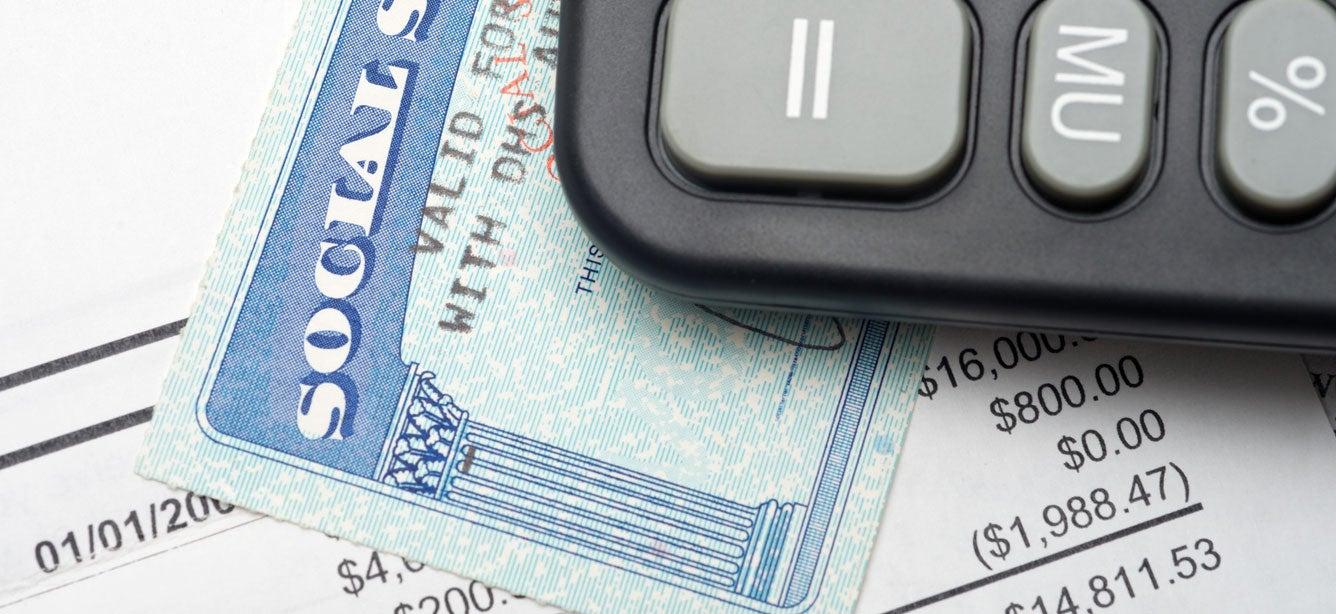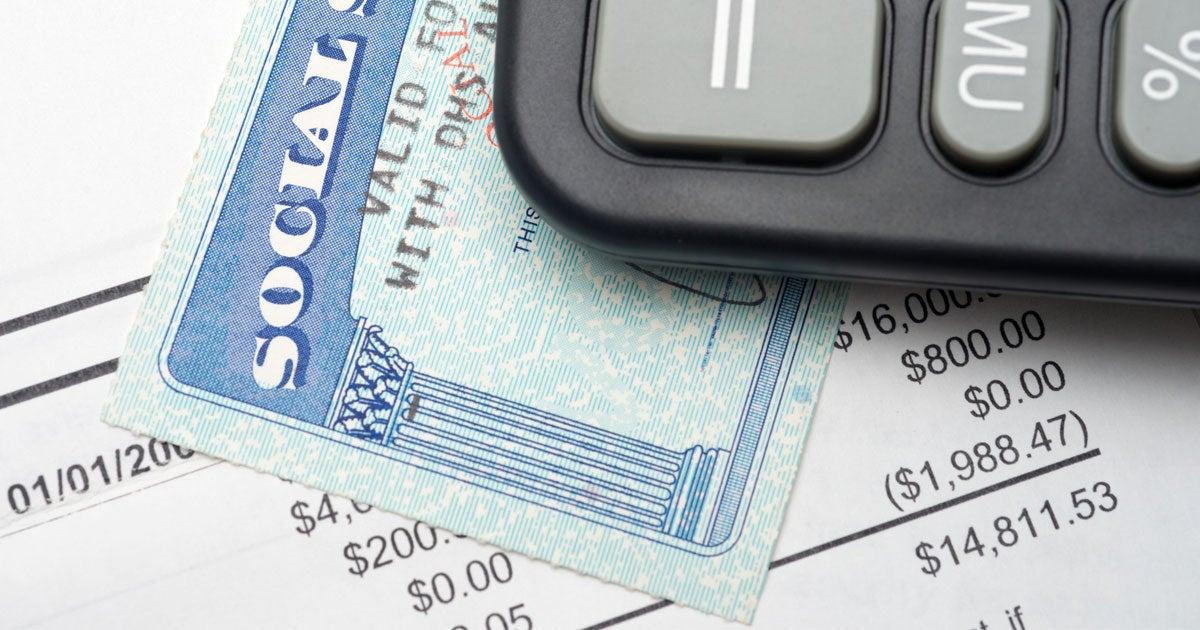SSI Redetermination: What It Is and How It Can Affect Your Benefits
5 min read

Related Topics
Supplemental Security Income (SSI) is one of the safety-net programs provided by the Social Security Administration (SSA). SSI provides basic, monthly financial assistance for older adults and persons with disabilities (regardless of age) who have very limited income and assets. SSI should not be confused with Social Security Disability Insurance (SSDI), which supports people with disabilities who have a qualifying work history.
Eligibility for SSI is based on financial need. If you receive benefits, you’re subject to a periodic review of your eligibility status. This is called SSI redetermination.
What is SSI redetermination?
SSI redetermination aims to accomplish two main things:
- Prove that you still qualify for financial assistance through SSI
- Make sure that your monthly payment amount is appropriate for your financial situation
During SSI redetermination, Social Security reviews your income, resources (assets), and living arrangements.
- Income: To receive SSI benefits, your “countable” income can’t exceed the maximum federal benefit payment for the program. This payment amount is set by the SSA and is subject to annual cost-of-living adjustments (COLA).
Countable income is defined by the SSA as "any item an individual receives in cash or in-kind that can be used to meet his or her need for food or shelter." It may include income you earn from a job as well as government benefits and pensions. In general, the income limit for SSI is the monthly federal benefit rate (FBR). For 2024, the FBR is:
- $943 for an eligible individual
- $1,415 for an eligible individual with an eligible spouse
- $472 for an essential person
These amounts reflect the latest COLA increase of 3.2% that applies to Social Security Benefits, which takes effect in January 2024. Your monthly SSI payment amount is the federal benefit rate minus your countable income.
- Resources: Your resources are the assets you own—such as cash, property (excluding your primary residence), life insurance, vehicles, and anything else that can be converted to cash and used for food and housing. The SSI countable resource limit for 2023 is $2,000 for an individual and $3,000 for a couple. You’re not eligible for SSI benefits if your countable resources exceed these amounts.
- Living arrangements: Where you live is another factor that helps determine how much you’ll receive in SSI benefits each month. During SSI redetermination, Social Security will want to know if your current living situation has changed. In some cases, your monthly payment may be reduced. This might happen if you now live in another person's residence and pay minimal food or housing costs—or if you move into a nursing facility where Medicaid covers more than half your costs.
Keep in mind that SSI redetermination is a routine part of receiving benefits, and all recipients must participate. It doesn’t necessarily mean that there’s anything wrong or that you’ll lose your SSI benefits.
How often is SSI reviewed?
For most people, SSI redetermination occurs every 1 to 6 years. It may also take place if you report a change that affects your eligibility—such as getting married.
What does SSI redetermination mean for benefits?
If your finances and living situation have stayed the same since the last time your SSI eligibility was reviewed, your monthly SSI benefit amount should not change. But if your income has changed, you’ve acquired new assets, or you've switched to a new living arrangement, Social Security could lower or increase your payment. In some instances, you may no longer be eligible for SSI and your benefit will be terminated altogether. The SSA must notify you in writing before changing or terminating your monthly SSI benefits.
What’s more, the impact of SSI redetermination can be retroactive. For example, if you got married and moved in with your partner who pays for a large share of household expenses, the SSA may determine you received more SSI benefits than you were eligible for. In that case, you may be required to reimburse them for any overpayment that occurred from the time your living situation changed to the present day.
What happens during SSI redetermination?
SSI redeterminations may be conducted in several different ways:
- In person or over the phone: You'll receive a letter that proposes a day and time for an SSI redetermination phone interview or in-person interview. Face-to-face interviews are held at local Social Security field offices, which are scheduled to reopen in the spring of 2022.
- By mail: You'll receive an SSI redetermination form that you'll need to complete, sign, and return. If you need assistance completing an SSI redetermination form, you can call the SSA directly or stop by your nearest Social Security field office.
You'll have 30 days to respond to your SSI redetermination appointment letter or return the completed form. It's a good idea to respond as soon as possible—even if it’s to say you need to reschedule your appointment or are having trouble completing the form.
If you don't respond to an SSI redetermination request within 30 days, your benefits may stop. You also risk losing your Medicaid eligibility if it was based on getting SSI benefits.
How to prepare for SSI redetermination
Your SSI redetermination interview or form may seek information on your (and your spouse’s) current and anticipated finances. The SSA will let you know what documents they need from you, but it's a good idea to gather:
- Bank statements
- Pay stubs
- Tax returns
- Life insurance policies
- Proof of miscellaneous income (pensions, workers' compensation, etc.)
- Burial contracts
You’ll also want to hang on to receipts and household bills (e.g., your electric bill) to paint a clear picture of your monthly expenses.
Can I file an SSI redetermination results appeal?
If you're unhappy with your SSI redetermination results, you can appeal the decision by filling out a Request for Reconsideration form at your Social Security office, downloading it online, or filing an appeal online. Generally, you have 60 days from receipt of your SSI decision notice to file an appeal.
Another option is to find an advocate familiar with Social Security disability policy to represent you. The National Organization of Social Security Claimants’ Representatives can help. Call for a referral at 1-800-431-2804.




